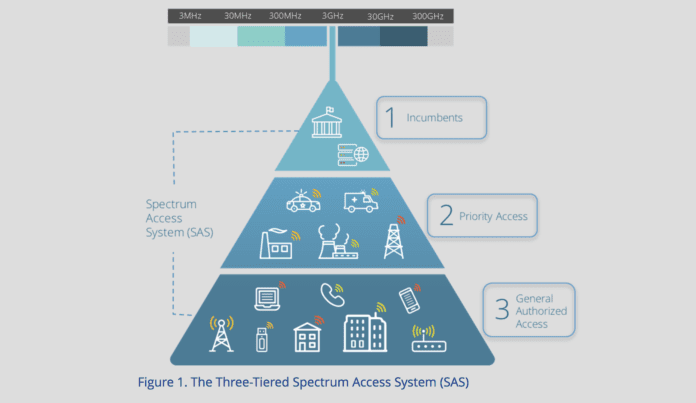Midwestern internet service provider Midco recently wrapped up successful Citizens Broadband Radio Service testing, confirming that the technology works with its existing LTE network and preparing to provide rural fixed wireless access via CBRS. Midco said that once the final Federal Communications Commissions approvals are in place for the supporting systems that enable CBRS, it will be “ready to immediately deploy high-speed fixed LTE wireless broadband.”
Midco said that it will offer FWA with speeds of up to 100 Mbps downloads and 20 Mbps uploads without any data caps.
Midco said it tested CBRS using Federated Wireless’ spectrum controller and base stations and customer premise equipment from Telrad at three sites in rural Minnesota and North Dakota, which covered more than 1,300 residents and businesses. The tests confirmed that Telrad’s equipment could “successfully communicate with the spectrum controller to request spectrum and that the [Spectrum Access System] could successfully assign that spectrum.”
Midco serves nearly 400,000 homes and businesses in Kansas, Minnesota, North Dakota, South Dakota and Wisconsin with internet and cable service. Midco has been offering FWA via LTE since 2018; the company was provisionally awarded $38.9 million from the Connect America Fund Phase II in order to help it expand services to underserved areas of the country.
Iyad Tarazi, president and CEO of Federated Wireless, said in a statement that the company “provides an ideal example of how shared spectrum can cost-effectively deliver secure high-speed mobile services in rural areas that have been hard to reach in the past.”
In a recent update on the state of the CBRS, Federal Communications Commissioner Michael O’Rielly said it may take until next year, at the earliest, for an auction of the Priority Access Licenses to take place. In the meantime, however, O’Rielly said that 3.5 GHz will be available under General Authorized Access, the unlicensed third tier of the spectrum sharing framework. “Significant progress” has been made in testing the two systems that will enable CBRS spectrum sharing, O’Rielly said: three Environmental Sensing Capability providers have completed testing and submitted their reports, so that review and certification of ESCs can be completed; Spectrum Access System testing is also ongoing, O’Rielly said, and commercial availability of GAA could come in the June timeframe.

